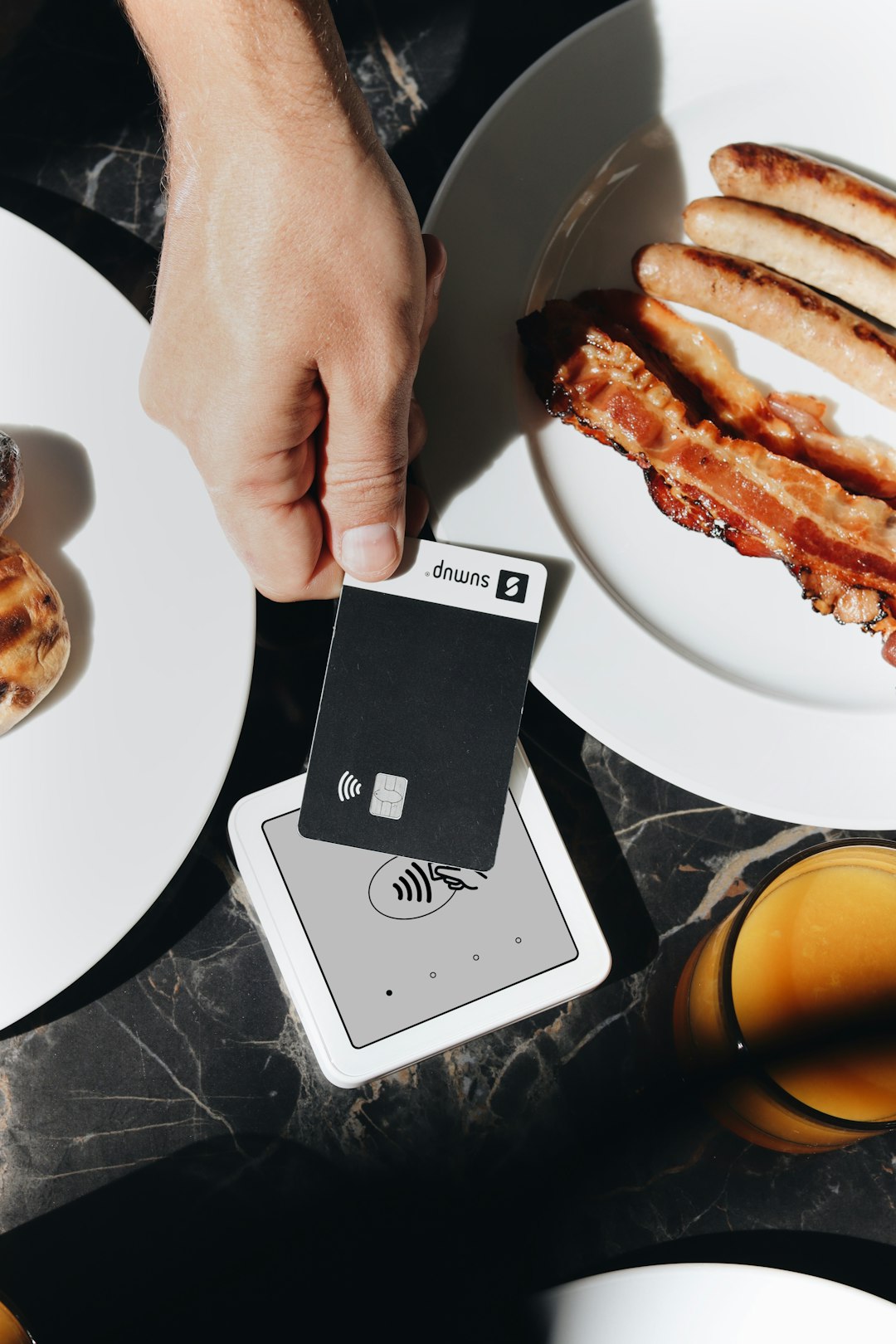The rise of neurofeedback devices has revolutionized customer experience measurement, offering direct brain insights. However, as these tools gain traction in regulated sectors like healthcare in Virginia with strict No Call Laws, balanced regulation is vital to address privacy, ethics, and standardization. Elktons Approach emphasizes the need for clear guidelines, user consent, and data protection to maintain consumer trust. Their expertise helps businesses navigate complex legal issues like data collection and informed consent while adhering to Virginia's No Call Laws, ensuring positive customer experiences and avoiding penalties. Engaging a lawyer for No Call Laws Virginia is crucial for navigating these regulations effectively.
“The proliferation of neurofeedback devices has revolutionized customer experience measurement, offering unprecedented insights into brain activity. This article explores Elktons approach to regulating these innovative tools, with a focus on Virginia’s landscape and its strict ‘No Call’ laws. As a legal perspective, we analyze the role of Elktons regulations in ensuring ethical practices while navigating the intricate web of privacy and consumer protection. Understanding these nuances is crucial for neurofeedback providers, particularly when operating within Virginia’s legal framework, where compliance with No Call Laws is paramount.”
The Rise of Neurofeedback Devices and Customer Experience Measurement

The rise of neurofeedback devices has revolutionized customer experience measurement, offering a direct glimpse into consumer brains and their responses to products or services. These innovative tools allow businesses to delve deeper into customer emotions and mental states, providing valuable insights for enhancing experiences. As the use of neurofeedback spreads, especially in regulated sectors like healthcare, ensuring proper guidance becomes paramount. In Virginia, where strict No Call Laws are enforced, specialized legal expertise is crucial to navigate the regulatory landscape and ensure compliance while leveraging neurofeedback effectively.
With the increasing prevalence of these devices, regulators must address privacy concerns, ethical usage, and standardization of metrics to maintain trust among consumers. Elktons Approach to regulating neurofeedback devices focuses on striking a balance between fostering innovation and protecting user rights. This balanced strategy involves setting clear guidelines for data collection, usage limits, and informed consent mechanisms to empower both businesses and customers in this evolving realm of customer experience measurement.
Elktons Role in Regulating Neurofeedback: A Legal Perspective

Elkton, as a leading legal expert in the field of consumer protection and technology regulation, plays a pivotal role in shaping the legal landscape surrounding neurofeedback devices. With their extensive knowledge of Virginia’s No Call Laws, they guide and advise on how these regulations can be applied to ensure that neurofeedback technologies respect individual privacy and adhere to ethical standards.
In the context of customer experience measurement, Elkton’s expertise helps navigate the complex web of legal considerations, particularly in areas like data collection, informed consent, and user rights. By offering strategic counsel, they enable businesses to effectively utilize neurofeedback devices while maintaining compliance with Virginia’s consumer protection laws, fostering a safe and transparent environment for users looking to enhance their cognitive functions.
Navigating No Call Laws in Virginia: Implications for Neurofeedback Providers

In Virginia, navigating the complex landscape of No Call Laws presents unique challenges for neurofeedback providers. These laws restrict unsolicited phone calls for marketing purposes, and non-compliance can lead to significant penalties. As a result, providers must carefully consider their communication strategies to ensure they remain within legal boundaries. Engaging a lawyer specializing in Virginia’s No Call Laws is crucial for understanding and adhering to these regulations.
Professionals in the neurofeedback industry should focus on building consent-based relationships with clients. This approach ensures that all interactions are welcomed and compliant, minimizing the risk of accidental violations. By prioritizing legal adherence, providers can avoid costly fines and maintain a positive customer experience measurement, fostering trust and satisfaction among their clientele.






